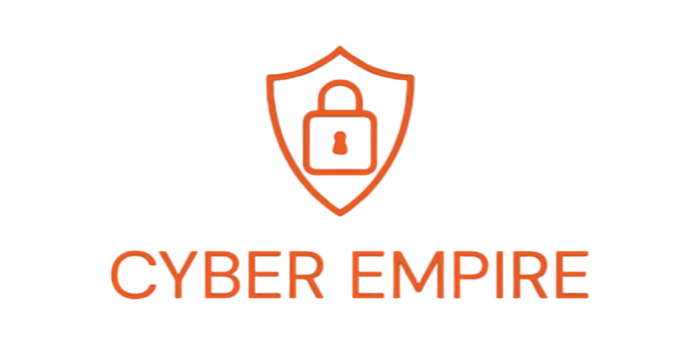Course Overview
Linux 101 provides you with everything you need to know to start using Linux. This course was designed for those having no experience using Linux, but wanting to learn how to use it. The course is packed with all the content usually taught in an introductory university course, but without all the filler content of a university course. It contains essential, practical information gained from over 10 years of experience using Linux and Unix systems for daily work.
Linux 101 Learning Objectives
- Use common Linux commands and utilities;
- Find help on new commands in Linux;
- Use advanced shell concepts such as pipes and command substitution;
- Understand the Linux filesystem hierarchy standard and use it to find files;
- Use regular expressions to execute powerful search and filter operations;
- Perform basic administrative actions normal for a Linux desktop environment; and,
- Develop short Linux shell scripts.
Curriculum
- 12 Sections
- 54 Lessons
- Lifetime
Expand all sectionsCollapse all sections
- Introduction3
- Getting Started6
- Files and the Filesystem10
- 3.0Linux Filesystem Hierarchy Standard
- 3.1Devices, Partitions, and Mounting
- 3.2Absolute and Relative Paths
- 3.3Working with Files and Directories
- 3.4Spaces in Paths and Filenames
- 3.5File and Path Expansion
- 3.6Even More Looking at Text Files
- 3.7Hard and Soft Filesystem Links
- 3.8Compressing and Archiving Files
- 3.9Searching the Filesystem
- Users and Groups4
- Installing Software4
- Shells7
- More Utilities5
- Text Editors2
- Process Management4
- Regular Expressions4
- Scripting4
- Conclusion1
Requirements
- A computing environment (Windows, Linux, or Mac*) capable of running a virtual machine. *Note that new MacBook Pros with the M1 chip are unable to run virtual machines such as the ones demonstrated in this course.
- 8GB of RAM (16GB recommended)
- At least 20GB of free storage space for virtual machine installation
- A willingness to dive into Linux!
Target audiences
- Individuals interested in cybersecurity
- IT or System Admins
- Anyone preparing for roles as junior system administrators, penetration testers, or security analysts, and for anyone needing a practical introduction to Linux for professional use
No comments yet! You be the first to comment.
